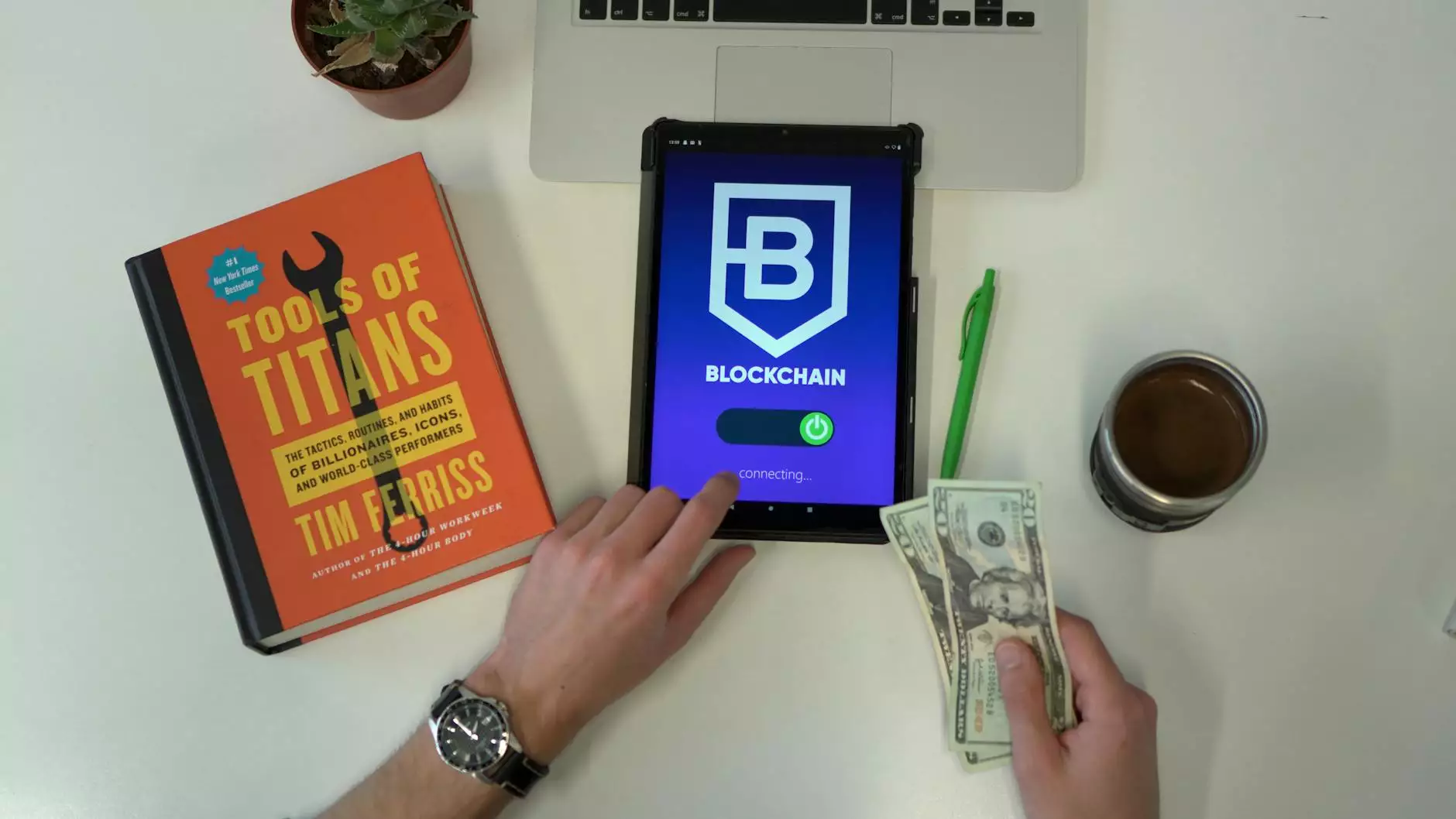Innovative Education VR Business Ideas for Modern Learning

In today’s fast-paced world, the intersection of technology and education has paved the way for some of the most groundbreaking possibilities. One of the most exciting advancements is the use of virtual reality (VR) in educational settings. This article delves into the dynamic world of education VR business ideas that can enhance learning experiences while providing lucrative opportunities for aspiring entrepreneurs. Whether you are considering opening a virtual reality center or developing an educational platform, this guide will inspire and inform your journey.
Understanding the Potential of VR in Education
Before diving into specific business ideas, it's crucial to understand why virtual reality is a game-changer in the education sector. Here's why:
- Immersive Learning Experiences: VR allows learners to engage in an entirely immersive environment, making complex subjects like history, science, and geography more relatable and easier to understand.
- Enhanced Retention: Studies have shown that interactive learning can significantly improve information retention compared to traditional learning methods.
- Accessibility: VR can democratize education, providing remote areas and underprivileged communities access to high-quality learning resources.
- Safe Learning Environments: VR enables students to practice real-life scenarios – such as surgical procedures or hazardous environments – in a safe, controlled setting.
Top Education VR Business Ideas
With the immense potential VR holds in education, here are some innovative business ideas that can thrive in this space:
1. Virtual Reality Learning Centers
Establishing a virtual reality learning center can cater to various educational needs, including tutoring, language learning, or skill acquisition. Here’s how you can differentiate your center:
- Thematic Learning Rooms: Design rooms based on different subjects, such as a space for historical reenactments or a lab where students can conduct virtual science experiments.
- On-Demand Learning: Allow users to book sessions tailored to their interests, giving them the freedom to learn at their own pace.
- Corporate Training Programs: Partner with businesses to offer VR training modules for employees, enhancing workplace skills virtually.
2. VR Educational Content Creation
Content is king; in VR education, it is incredibly valuable. Starting a business focused on the creation of VR educational content can be lucrative. Here's what to consider:
- Curriculum Development: Work with educators to develop engaging VR lessons that align with educational standards.
- Subscription-Based Access: Offer monthly or annual subscriptions for schools or individual learners to access your VR content library.
- Interactive Assessments: Create assessment tools within the VR environment that allow learners to test their understanding in real-time.
3. VR-Assisted Learning Platforms
Create a VR-assisted learning platform that connects students and educators through a virtual space. Some key features to consider include:
- Live Tutoring Sessions: Provide live, one-on-one tutoring in a virtual environment where educators can interact with students visually.
- Social Learning Experiences: Enable users to study together in a shared VR space, fostering collaboration and peer learning.
- Gamification: Incorporate gaming elements to make learning more engaging and interactive.
4. VR Field Trip Experiences
With travel limitations and budget constraints faced by many schools, creating a VR field trip experience can be a hit. Here’s what your business could offer:
- Diverse Destinations: Offer virtual trips to historical landmarks, museums, natural wonders, or even other countries. This broadens students' horizons without leaving the classroom.
- Guided Tour Features: Incorporate audio guides and interactive Q&A sessions with educators or tour guides during the VR experience.
- Subscription Packages for Schools: Provide schools with packages that allow them to take their classes on multiple virtual trips throughout the year.
5. VR Simulations for Professional Training
Developing VR simulations for professional training can be highly profitable, especially in fields with rigorous training requirements. Consider these industries:
- Medical Training: Create VR simulations for medical students to practice surgical procedures, patient interactions, and emergency response scenarios.
- Architecture and Engineering: Allow students to explore and build structures in a virtual environment, providing hands-on learning without the cost of materials.
- Fire and Safety Training: Develop VR scenarios for training individuals in emergency response, enhancing their preparedness without real-world hazards.
Implementing Your Education VR Business Ideas
Now that you have an array of innovative education VR business ideas, it’s time to plan for implementation. Here are essential steps to consider:
1. Market Research
Conduct thorough market research to identify your target audience, analyze competitors, and understand the demand for your services. Tailor your business model based on your findings.
2. Business Plan Development
Create a detailed business plan that outlines your objectives, financial projections, marketing strategies, and operational plans. This will guide your journey and attract potential investors.
3. Technology and Equipment
Invest in high-quality VR equipment, software, and development tools. Ensure that your technology supports a seamless user experience. Additionally, consider hiring skilled VR developers and educators to enhance your offerings.
4. Marketing Strategies
Develop a comprehensive marketing strategy that leverages digital channels. Here are a few strategies to implement:
- Social Media Marketing: Use platforms like Facebook, Instagram, and LinkedIn to promote your VR offerings and share success stories from your students.
- Content Marketing: Create informative blog posts, videos, and webinars discussing the benefits of VR in education and showcasing your services.
- Partnerships with Schools: Form partnerships with local schools, offering trial sessions or discounted rates to attract students.
5. Continuous Improvement
Gather feedback from users and educators to continuously improve your offerings. Stay updated with the latest VR technologies and educational trends to ensure your business remains competitive and relevant.
Challenges in the VR Education Space
While the prospects of a VR education business are exciting, it is essential to recognize potential challenges:
- Costs of Development: Developing quality VR content can be expensive. Budgeting carefully for development costs is crucial.
- User Adaptation: Some users may be hesitant to embrace VR technology. Offering introductory sessions can help to alleviate these concerns.
- Technical Issues: Like any technology, VR systems can encounter technical glitches. Providing robust technical support will help to mitigate user frustration.
The Future of Education VR Businesses
The future is bright for education VR business ideas. As technology advances and the acceptance of VR in education grows, those who innovate and adapt will lead the market. The opportunities to enhance learning experiences through VR are endless. This creates a thriving ecosystem for businesses dedicated to reshaping education and training through immersive technology.
Conclusion
In summary, the surge in the use of virtual reality in education opens up a realm of possibilities for entrepreneurs looking to make a difference. By embracing and implementing the above education VR business ideas, you can not only create a successful business but also play a crucial role in transforming the educational landscape. The world of education is ready for innovation; are you prepared to lead the charge?
Explore more about how you can integrate these ideas into your business at rotstudio.com.



